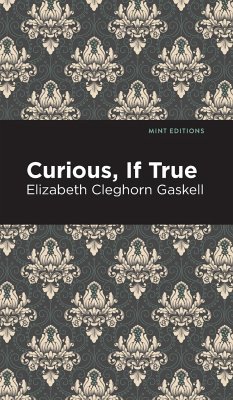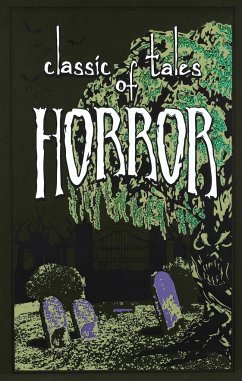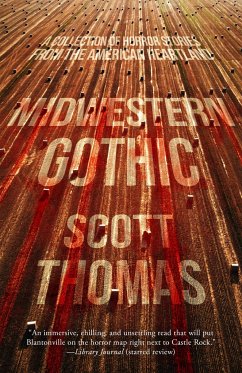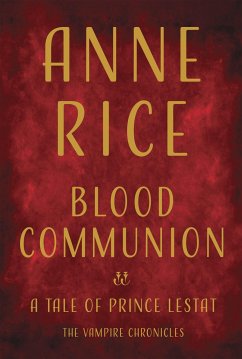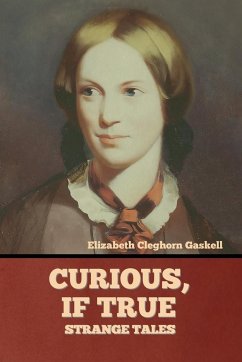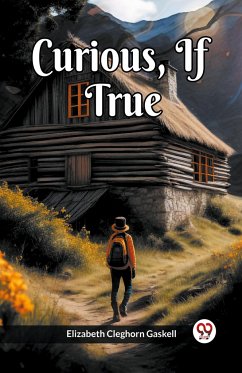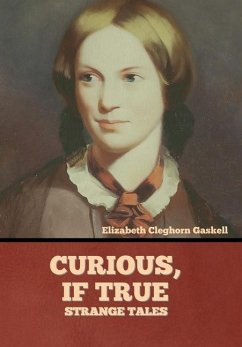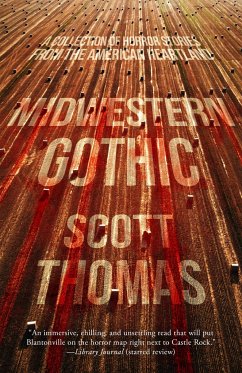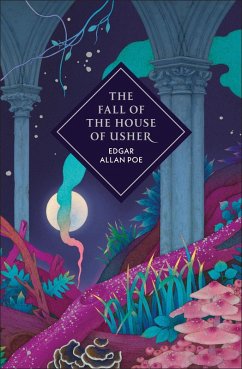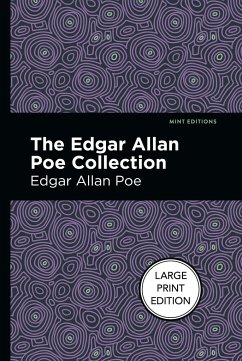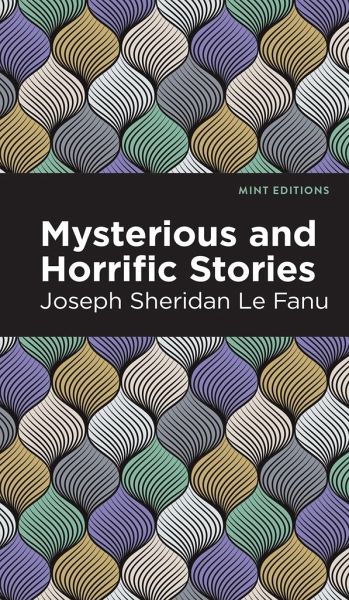
Mysterious and Horrific Stories
Versandkostenfrei!
Versandfertig in 1-2 Wochen
19,99 €
inkl. MwSt.
Weitere Ausgaben:

PAYBACK Punkte
10 °P sammeln!
Mysterious and Horrific Stories is a collection of Gothic tales by Joseph Sheridan Le Fanu. Although he is more widely known today for his novella Carmilla (1872), which influenced Bram Stoker's Dracula (1897) and remains an important work of early vampire fiction, Le Fanu was also an influential figure in mid-nineteenth century Irish literature as a writer and editor for the Dublin University Magazine. Mysterious and Horrific Stories collects fifteen of Le Fanu’s finest works of short fiction from across his storied career. In "The Fortunes of Sir Robert Ardagh," a man returns home after ye...
Mysterious and Horrific Stories is a collection of Gothic tales by Joseph Sheridan Le Fanu. Although he is more widely known today for his novella Carmilla (1872), which influenced Bram Stoker's Dracula (1897) and remains an important work of early vampire fiction, Le Fanu was also an influential figure in mid-nineteenth century Irish literature as a writer and editor for the Dublin University Magazine. Mysterious and Horrific Stories collects fifteen of Le Fanu’s finest works of short fiction from across his storied career. In "The Fortunes of Sir Robert Ardagh," a man returns home after years abroad accompanied by a strange, shadowy companion. Under mysterious circumstances, Sir Robert has amassed a tremendous fortune and seems either unwilling or unable to reveal the truth behind his sudden rise to wealth. In “Schalken the Painter,” a young Dutch apprentice falls in love with his master’s young niece, the beautiful Rose Velderkaust. Fearful of angering the great painter Gerard Douw, whom he worries would reject a marriage proposal from a struggling artist, he keeps silent about his affections. When an older, wealthier man proposes to Rose, Douw consents to their marriage despite the man’s unsettling appearance. “The Drunkard’s Dream” is a tale of horror in which a man receives a powerful and terrifying vision of Hell. Alongside twelve more tales of ghosts and other supernatural forces, including “An Authentic Narrative of a Haunted House” and “The Child That Went With the Fairies,” these selections from Le Fanu’s body of work continue to entertain and astound nearly two centuries after they first appeared in print. This edition of Joseph Sheridan Le Fanu’s Mysterious and Horrific Stories is a classic of Irish literature reimagined for modern readers. Since our inception in 2020, Mint Editions has kept sustainability and innovation at the forefront of our mission. Each and every Mint Edition title gets a fresh, professionally typeset manuscript and a dazzling new cover, all while maintaining the integrity of the original book. With thousands of titles in our collection, we aim to spotlight diverse public domain works to help them find modern audiences. Mint Editions celebrates a breadth of literary works, curated from both canonical and overlooked classics from writers around the globe.



